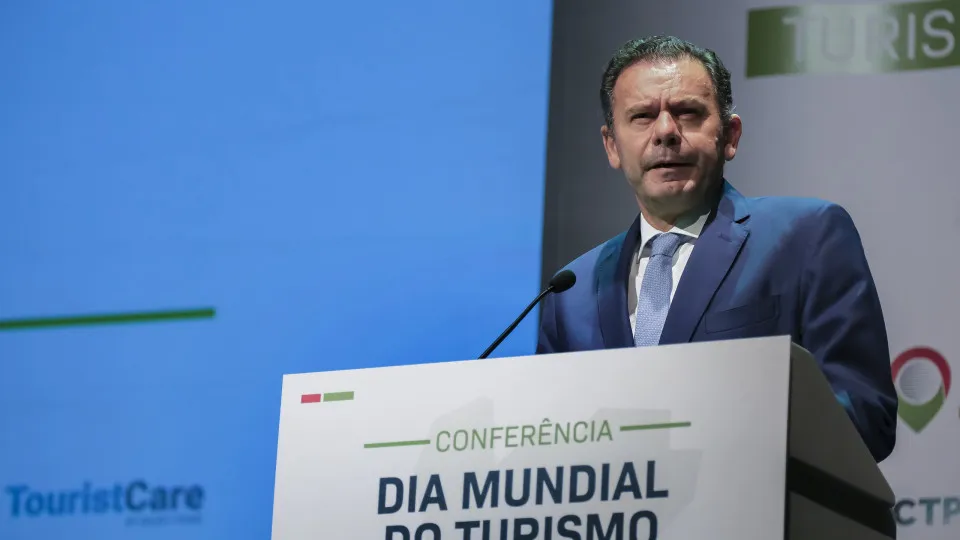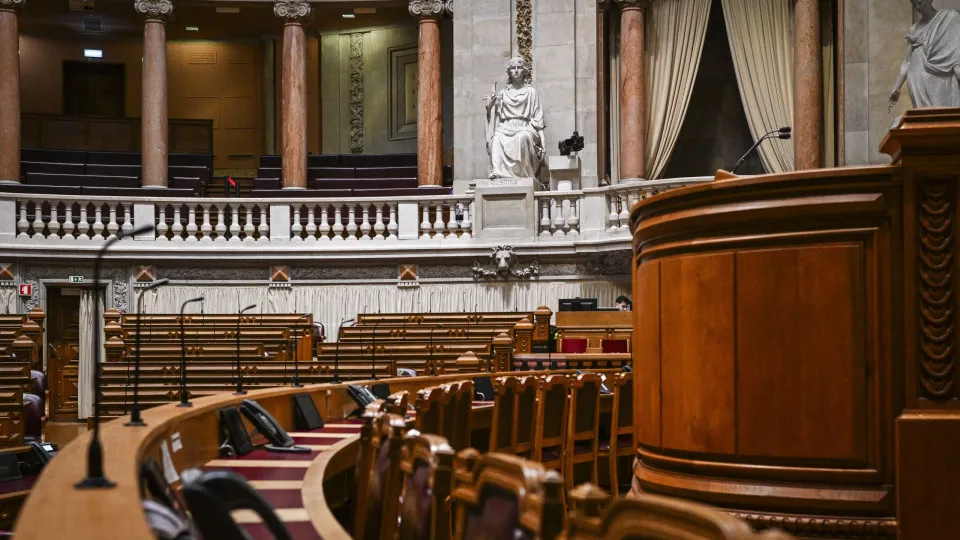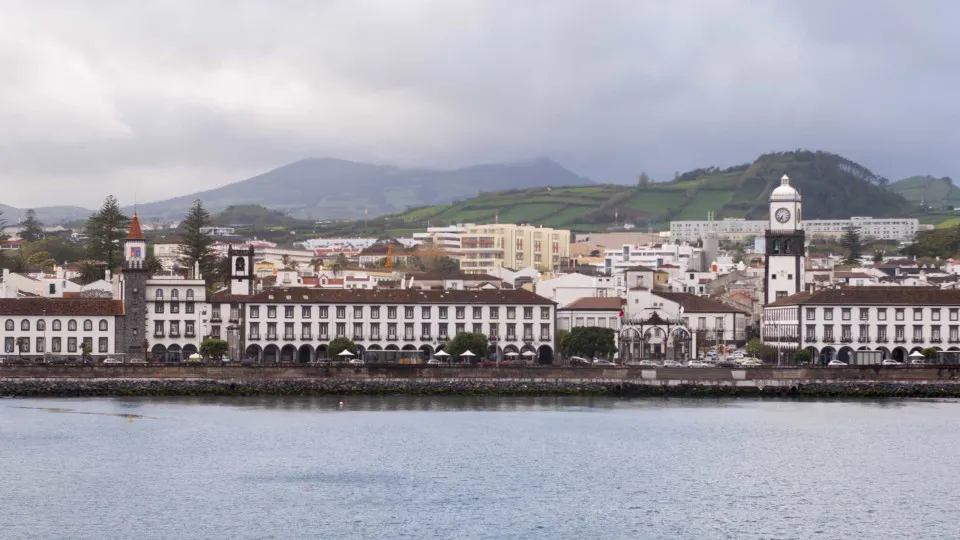
“I want to reassure them whether it is in the road, rail, or airport sectors, we are going to proceed. That is a point of honor in this Government,” he stated.
Luís Montenegro was speaking at the opening session of the conference “Tourism is Portugal,” held today in Troia, Setúbal district, organized by the Portuguese Tourism Confederation (CTP) as part of World Tourism Day.
Acknowledging some silence regarding the projects or investments planned by the Government, Montenegro assured CTP President Francisco Calheiros, who moments earlier called for urgency in building the new airport, that the airport infrastructure will become a reality.
“I want to assure the tourism confederation president that he will indeed see the new airport. I can’t guarantee he will still be president of the tourism confederation, but I also wouldn’t find it impossible or unlikely. Both scenarios are quite possible,” he quipped.
According to Luís Montenegro, the process of the new airport “is underway,” and the Government is “tightening deadlines” as much as possible to “achieve this major goal” of constructing “a new airport infrastructure in the Lisbon region.”
This infrastructure will be “serving the country, serving an airline, possibly with private capital and integrated into a group of international scale that can bring added value to the country, maintaining not only the Lisbon ‘hub’ but also strategic and other routes, such as to the United States, whose impact is now evident to everyone,” he elaborated.
“Since we developed these routes, tourism, particularly from the United States, has increased in both number and the quality of expenditure that this segment provides here. This is true for the United States as well as for our tourism partners and clients from other regions, particularly Europe,” he emphasized.
He added that the Government will execute the “plan to give a new boost and new capacity to the country’s airport capability and, related to that, also with road and rail infrastructures that are absolutely equivalent in the potential they offer mobility.”
In his address, Montenegro also remarked that the “Government is committed to developing the Évora project, European Capital of Culture, considering that “through the promotion of national culture and heritage,” different achievements can be made.




